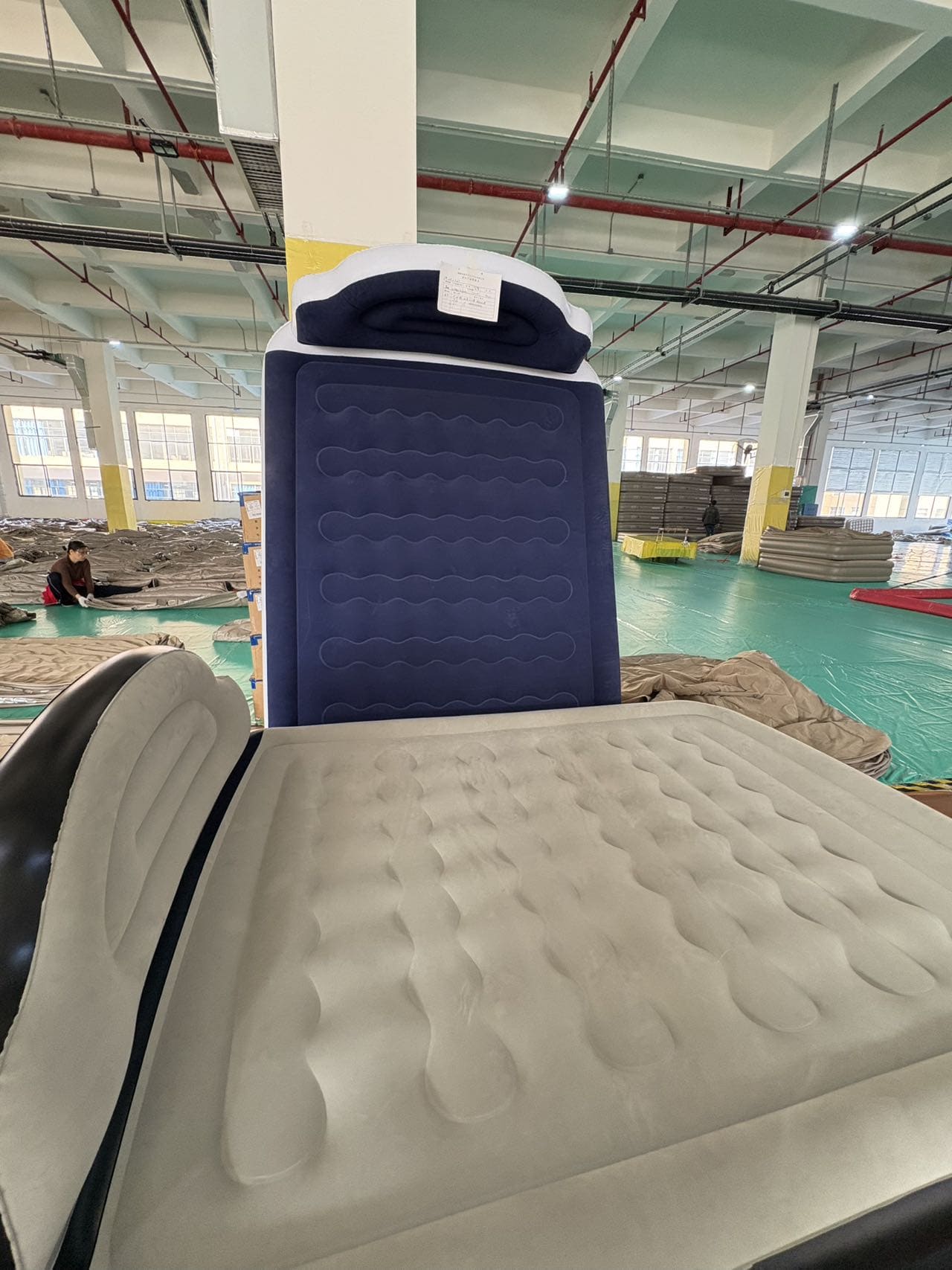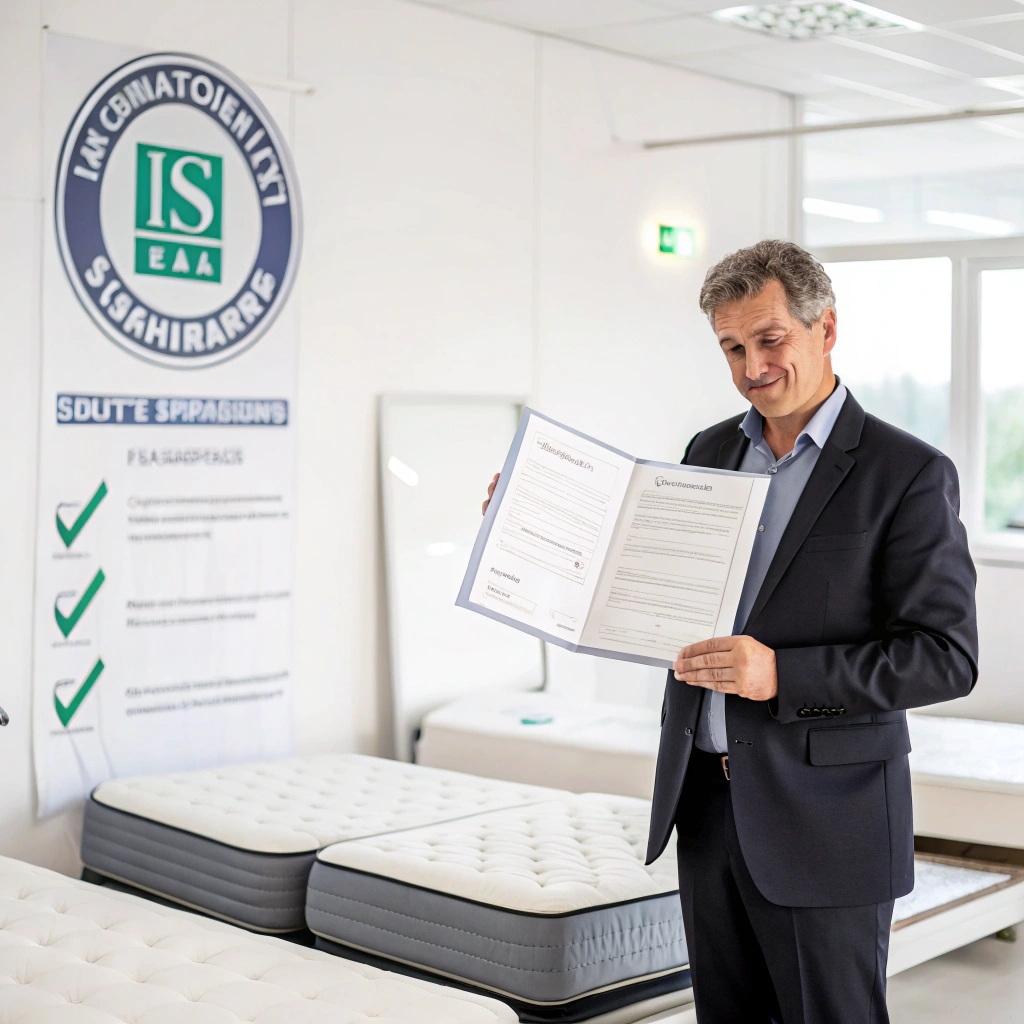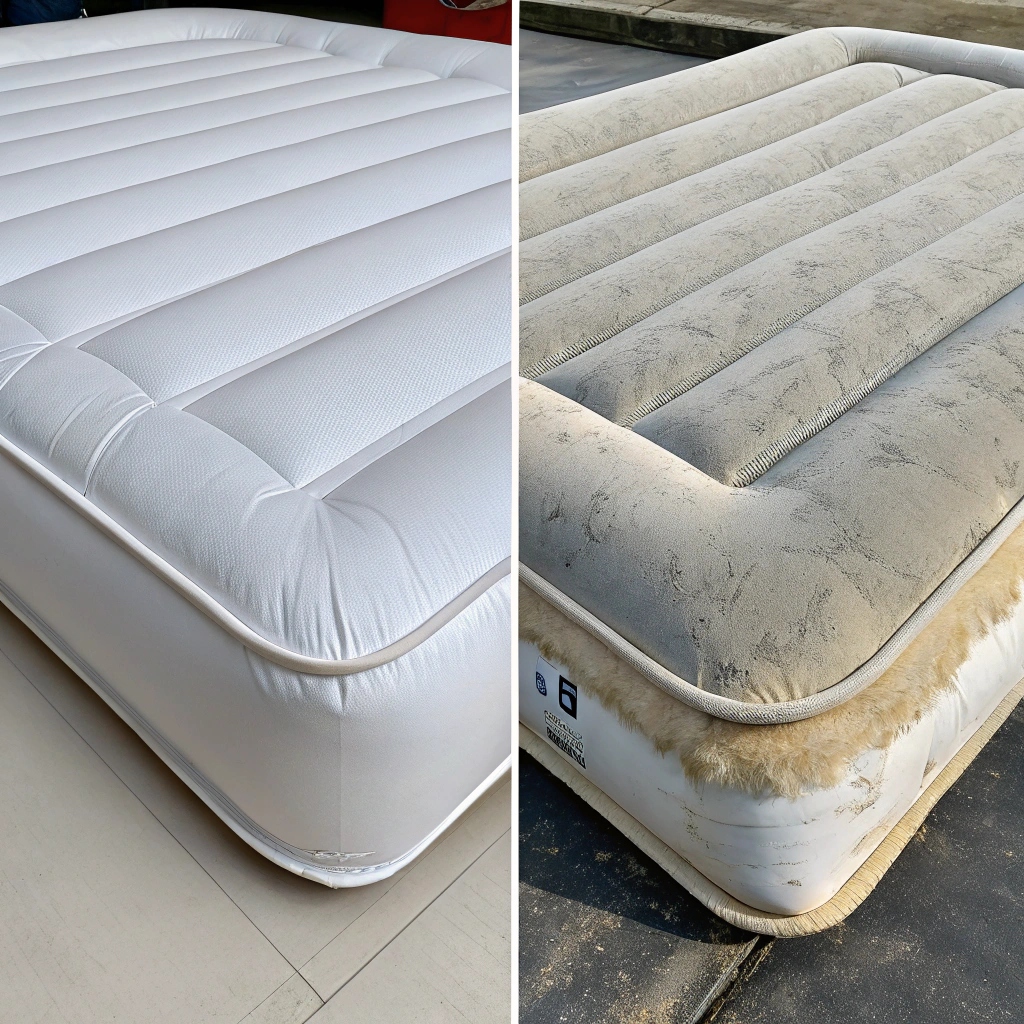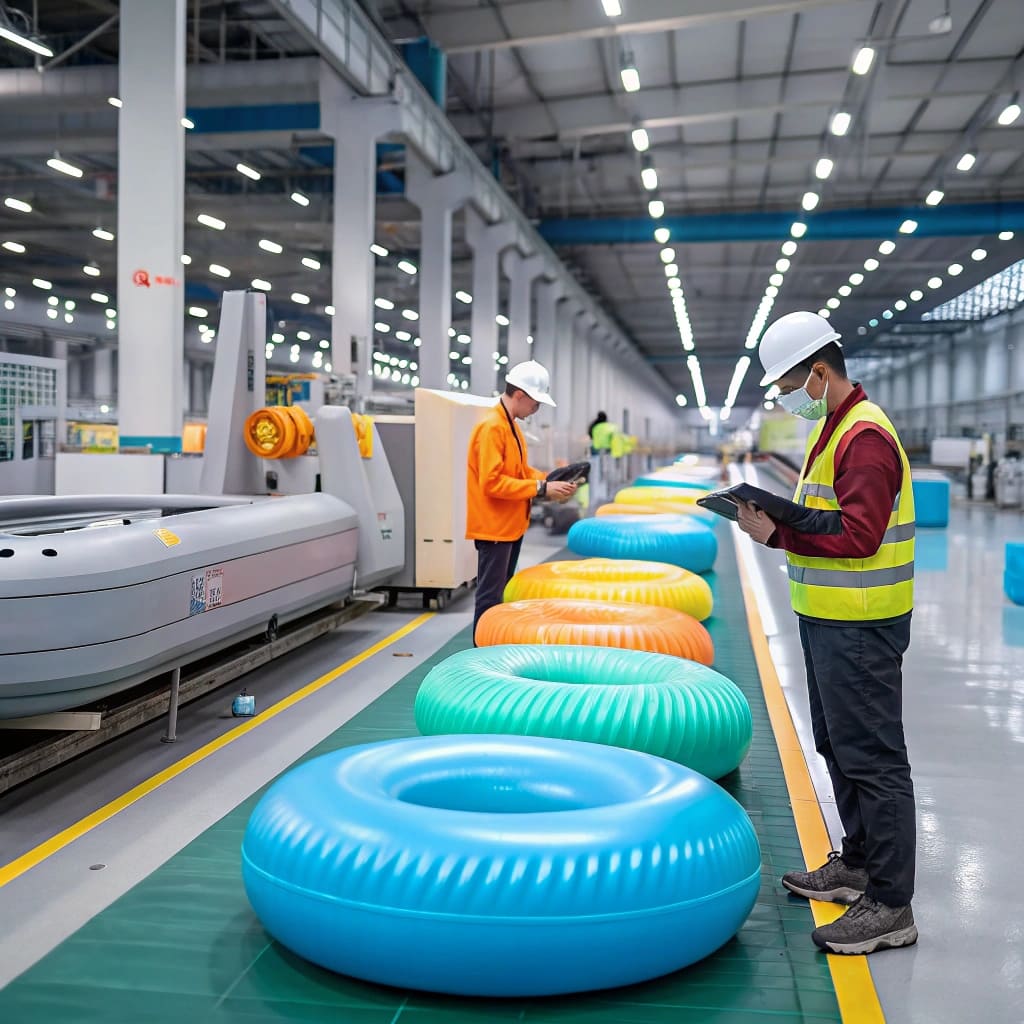How to Choose a Reliable Air Bed Supplier?

Selecting the right air bed supplier is crucial. Poor choices can lead to quality issues and disrupted supply chains. Here's how to ensure you partner with a trustworthy supplier.
To choose a reliable air bed supplier in China, evaluate their product quality, manufacturing capabilities, certifications, and communication efficiency. Ensure they offer consistent production schedules and have a solid reputation in the industry.
Building strong supplier relationships is essential for long-term success. Understanding key factors will help in making informed decisions and securing dependable partnerships.
[Table of contents]
What makes a good airbed?
Ensuring high-quality airbeds is vital for meeting buyer expectations and minimizing returns. Identifying the right features prevents costly mistakes.
A good airbed features durable materials, reliable air retention, comfortable design, and compliance with safety standards. These aspects ensure longevity and customer satisfaction.

Dive Deeper: Key Features of High-Quality Airbeds
Selecting an air bed supplier requires a thorough understanding of what constitutes a superior product. The following factors are essential:
1. Material Quality
- PVC vs. TPU1: TPU is lighter and more flexible, while PVC is more affordable and widely used.
- Safety: Non-toxic, BPA-free materials ensure user safety.
- Flexibility: Materials should withstand repeated inflation and deflation without compromising integrity.
2. Air Retention
- Valve Efficiency2: Reliable valves prevent air leakage and ensure easy inflation/deflation.
- Seam Construction: Reinforced seams reduce the risk of punctures and leaks.
3. Comfort and Design
- Support: Multiple air chambers provide better support and stability.
- Ergonomics: Contoured designs enhance comfort for various body types.
- Portability: Lightweight and easy-to-pack designs cater to diverse market needs.
4. Compliance and Certifications
- Quality Standards: Suppliers should adhere to international standards like ISO and ASTM.
- Certifications: Look for certifications such as CE, ROHS, and SGS to ensure product safety and quality.
Quality Assurance Processes
A reliable supplier implements strict quality control measures:
- Inspection Procedures: Regular inspections during production to maintain consistency.
- Testing: Rigorous testing for air retention, durability, and safety compliance.
- Documentation: Providing detailed product specifications and certification documents.
Supplier Reputation and References
Evaluating a supplier's reputation is critical:
- Client Testimonials: Positive feedback from existing clients indicates reliability.
- Industry Experience: Suppliers with extensive experience are better equipped to handle large orders and custom requirements.
- After-Sales Support: Efficient customer service ensures quick resolution of any issues.
Choosing a supplier that excels in these areas ensures high-quality airbeds that satisfy B2B buyers and end-users alike.
What is the life expectancy of an air mattress?
Understanding the lifespan of air mattresses helps in setting realistic expectations and planning inventory. Knowledge of durability factors prevents premature product failures.
The life expectancy of an air mattress typically ranges from 1 to 5 years, depending on usage, material quality, and maintenance practices. High-quality airbeds with proper care can last longer.

Dive Deeper: Factors Influencing Air Mattress Longevity
The durability of an air mattress is influenced by several key factors:
1. Material Quality
- PVC vs. TPU1: TPU air mattresses generally have a longer lifespan due to superior flexibility and resistance to wear.
- Thickness: Thicker materials offer better durability and resistance to punctures.
2. Usage Patterns
- Frequency of Use: Regular use can wear down materials faster compared to occasional use.
- Weight Capacity: Exceeding weight limits can cause stress and lead to material fatigue or punctures.
3. Maintenance Practices
- Proper Inflation3: Avoid over-inflating, which can strain seams and materials.
- Cleaning: Regular cleaning with mild soap and water prevents mold and material degradation.
- Storage: Storing in a cool, dry place away from direct sunlight prolongs material integrity.
4. Environmental Conditions
- Exposure to Elements: UV rays and extreme temperatures can weaken materials over time.
- Chemical Exposure: Contact with harsh chemicals can deteriorate the air mattress material.
Proactive Measures for Extended Lifespan
Implementing best practices can significantly extend the life of air mattresses:
- Regular Inspections: Periodic checks for leaks or weak spots allow for timely repairs.
- Proper Handling: Gentle handling during inflation and deflation prevents unnecessary wear.
- Storage Solutions4: Using protective bags and avoiding sharp objects in storage areas reduce damage risks.
Understanding these factors helps in selecting air mattresses that meet quality and longevity standards, ensuring satisfaction for B2B buyers and their end customers.
Conclusion
Choosing a reliable air bed supplier involves evaluating quality, durability, certifications, and effective communication to ensure long-term business success.



